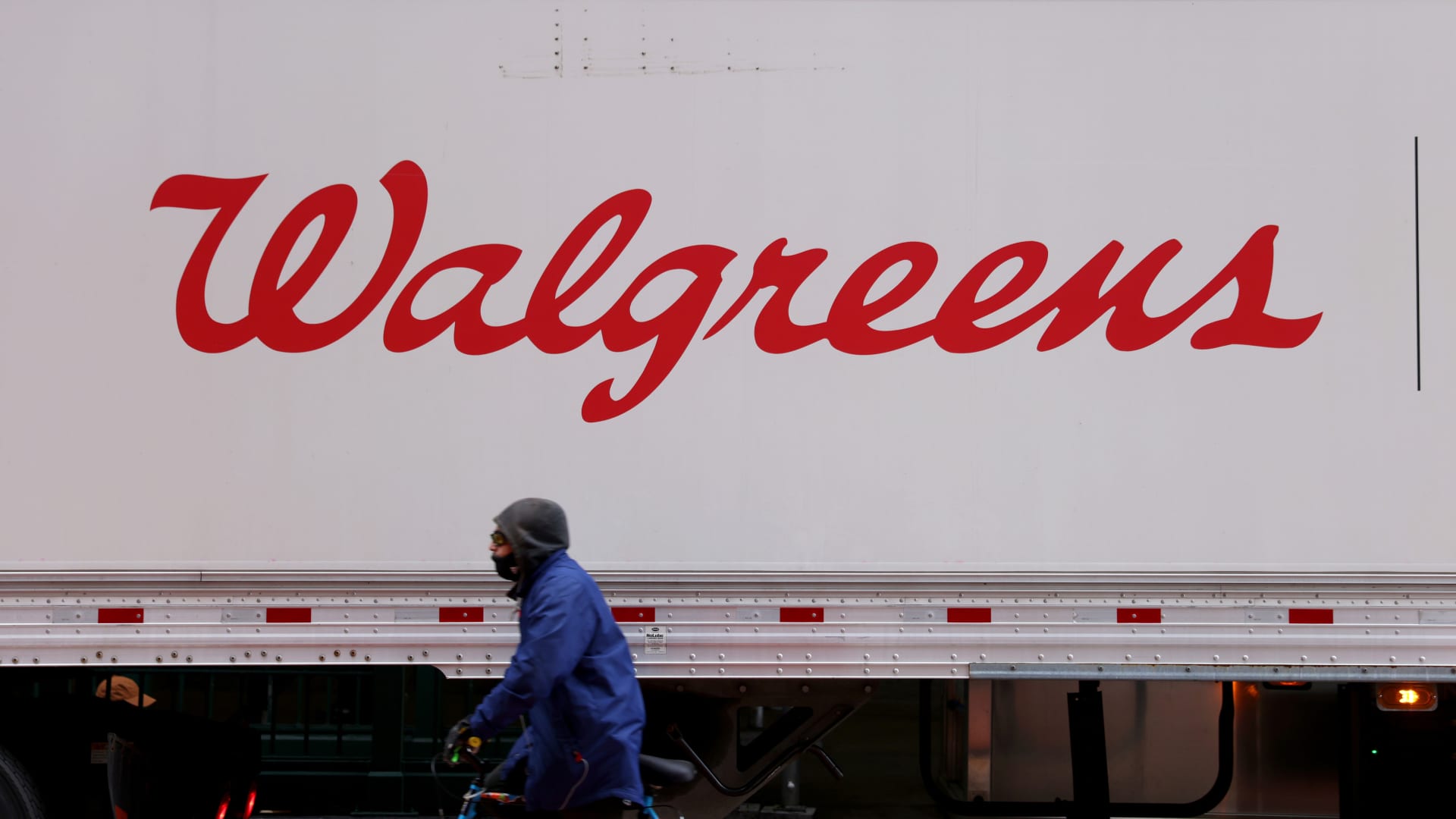More than 120 million doses of COVID-19 vaccination have been administered in the United States. Every day, another 2.4 million vaccinations are given out. Every adult in the United States who wants to be vaccinated will be immunized within the next few months. However, there is one major unsolved concern that impacts everyone who gets a COVID-19 vaccine: how long will the immunizations protect against new coronavirus infection? But this isn’t the same as the old TV game show The $64,000 Question. A multibillion-dollar question is how long COVID-19 vaccinations last.
Getty Images is the source of this image.
Hundreds of millions of dollars are on the line.
Pfizer (NYSE:PFE) and BioNTech (NASDAQ:BNTX) were the first to receive an EUA for their COVID-19 vaccine, BNT162b2, in the United States. Based on supply agreements in place at the time, Pfizer predicted that the vaccine will produce sales of roughly $15 billion this year.
However, since then, the two businesses have received additional BNT162b2 orders, with the United States receiving 100 million more doses and the European Union receiving 200 million more doses. BNT162b2 sales should exceed $20 billion in 2021 as a result of these transactions.
Soon after Pfizer and BioNTech, Moderna (NASDAQ:MRNA) received EUA for its COVID-19 vaccine, mRNA-1273. The vaccine is expected to bring in $18.4 billion in revenue for the biotech this year.
In late February, Johnson & Johnson (NYSE:JNJ) received European Union approval for its single-dose COVID-19 vaccination. During the pandemic, the healthcare behemoth is offering the vaccine for roughly $10 per dose. This year, J&J intends to distribute at least 1 billion doses of their vaccine. If it meets that target, the corporation will generate around $10 billion in revenue.
This year’s sales of these three vaccinations could total more than $48 billion. We haven’t even factored in sales of COVID-19 vaccines from AstraZeneca (NASDAQ:AZN) and Novavax (NASDAQ:NVAX), which could be approved in the United States soon.
Right now, the best guess is
Nobody knows how much of the massive revenue these businesses will generate in 2021 will be recurring. COVID-19 vaccinations, in theory, might provide years of protection against illness. Vaccine sales would plummet in 2022 if this were to happen.
Assume, on the other hand, that booster dosages are required every six months or so. Pfizer, Moderna, and the other companies would be able to count on large revenue every year under this scenario.
Our original query is the source of the problem. We still don’t know how long the COVID-19 vaccine’s immunity will remain. There’s a cause behind the intrigue: There hasn’t been enough time since the first clinical study subjects were properly inoculated.
New varieties could be crucial as well. Even if current COVID-19 vaccines offer long-term protection against existing coronavirus strains, emerging viral variations may necessitate more frequent booster injections.
For the time being, Moderna CEO Stephane Bancel’s forecast that COVID-19 will be like the seasonal flu is probably the best bet. Annual vaccines will be required if he is correct.
Winners and losers in the making
The market for a recurrent COVID-19 vaccination could be very different from what we’re witnessing now in 2021. Governments all around the world are currently attempting to obtain any vaccination that has been or is expected to receive approval. Other elements, though, may become more relevant in the future.
Price will become a major issue when vaccination supply is large enough to fulfill demand. Because Johnson & Johnson’s vaccine only takes one injection, this could be advantageous. Moderna, on the other hand, is testing a next-generation COVID-19 vaccine that might be given in a single dosage. Pfizer and Novavax, both of whose vaccines have great efficacy with two doses, are likely to move forward with single-dose trials.
The ability of firms to generate safe and effective vaccines targeting novel coronavirus strains will likely be the most important distinction in the future. This could give Pfizer/BioNTech and Moderna the upper hand. Their messenger RNA technology allow vaccines to be developed quickly.
Because of their viral delivery systems, AstraZeneca and Johnson & Johnson may be at a disadvantage. Individuals may develop immunological resistance to the adenoviruses utilized in the study.
In general, the comparatively smaller biotech stocks, rather than the big pharma stocks, will be the biggest winners if regular booster doses are required. Strong recurring revenue from COVID-19 vaccine sales would benefit BioNTech, Moderna, and Novavax more than AstraZeneca, J&J, and Pfizer. These biotech stocks would likely be the largest losers if COVID-19 doesn’t turn out to be similar to the seasonal flu.
When will the multibillion-dollar question lurking over all of these drugmakers be answered? By the fourth quarter, we should have a pretty good idea whether or not annual booster dosages are necessary. That’s when participants in Pfizer/BioNTech and Moderna’s late-stage studies will have been fully immunized for at least one year.
This post is the author’s own view, which may differ from a Motley Fool premium advice service’s “official” recommendation position. We’re a mishmash! Questioning an investing theory, even our own, encourages us to think critically about investing and make decisions that will make us smarter, happier, and wealthier.
Continue reading




